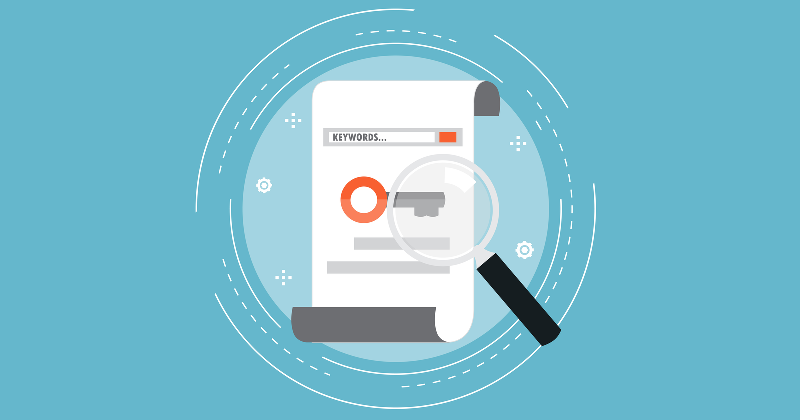With today’s WordPress templates and technology, you can pick something out and launch a website in less than 24 hours. However, that doesn’t mean you should.
Technology doesn’t replace strategy. You almost always feel rushed to get your new website live. However, the end product should never look or feel rushed. As they say, failing to prepare is preparing to fail.
You need to do your homework and plan every aspect of your website before it goes live. “We’ll figure it out after the site goes live” typically leads to never actually figuring it out.
To make sure your website has the absolute best chances of success, here are 4 questions you need to ask.
1. Why are We Doing This?
It’s such a simple question, but you would be amazed by how often 3 different people in the same organization will give you 3 different answers. One person may think it’s a sales tool, while someone else says the site will be the hub for all content and social.
You need everyone to be on the same page when it comes to your website’s goals, because your site can’t be everything to everyone. You need to know what metrics to look at to properly know how to define success.

Trying to do too many things at once will water down your efforts. You will be doing several things pretty well, instead of excelling at the one thing this site was designed to do – whatever that goal may be.
2. Who Will Host it?
Too many companies glaze over this step and just go with the cheapest host they can find. This is setting your site up to fail.
Cheap hosts are notorious for spotty performance and inconsistent speeds. And speed is absolutely crucial to your SEO success, particularly when it comes to your mobile site. You don’t need to pay a lot for WordPress hosting in the beginning. However, you should be spending more than $5.00 a year.
You can get quality and reliable hosting for about $5.00 – $10.00 a month.
3. What’s Our Keyword Strategy?
If this is your first website, you will obviously need to do your keyword research from scratch. Your best bet is to start with something like ahrefs or SEMRush.
If this is a redesign or rebuild, don’t assume your previous keyword research is still good. Keyword research has an expiry date. You need to ensure the words and terms you were targeting before are still receiving enough search volume for you to justify optimizing for them.
Your marketplace may have shifted slightly and there may be new keyword opportunities for you to go after and own.

Do not say, “We will add the keywords retroactively after the site is live. This is problematic for 3 reasons. First of all, it’s too easy to put that exercise off until you really start to see the site struggle and sales/ traffic starting to drop. Second of all, Google likely indexed you several times while you were waiting. And third, it often leads to choppy and forced web copy.
Once you get into things, you may find that about 10,000 other smaller questions will pop up as you work. That’s OK. Answering these 3 big-picture questions will make the smaller stuff easier to answer. And addressing these 3 areas completely will put you in a position to outperform the companies that rush through them.

